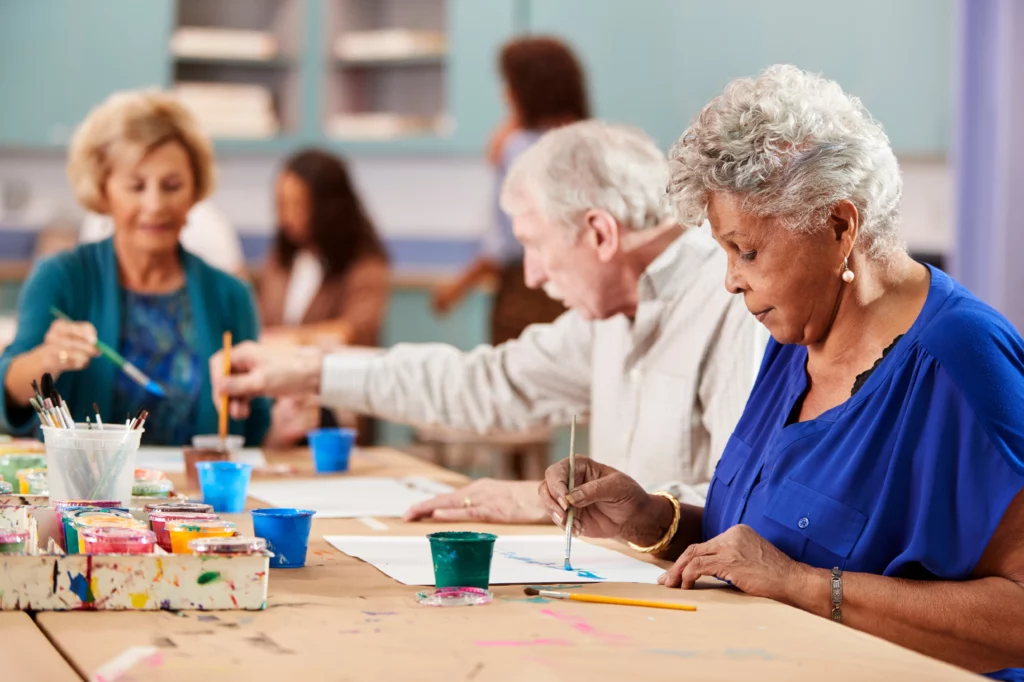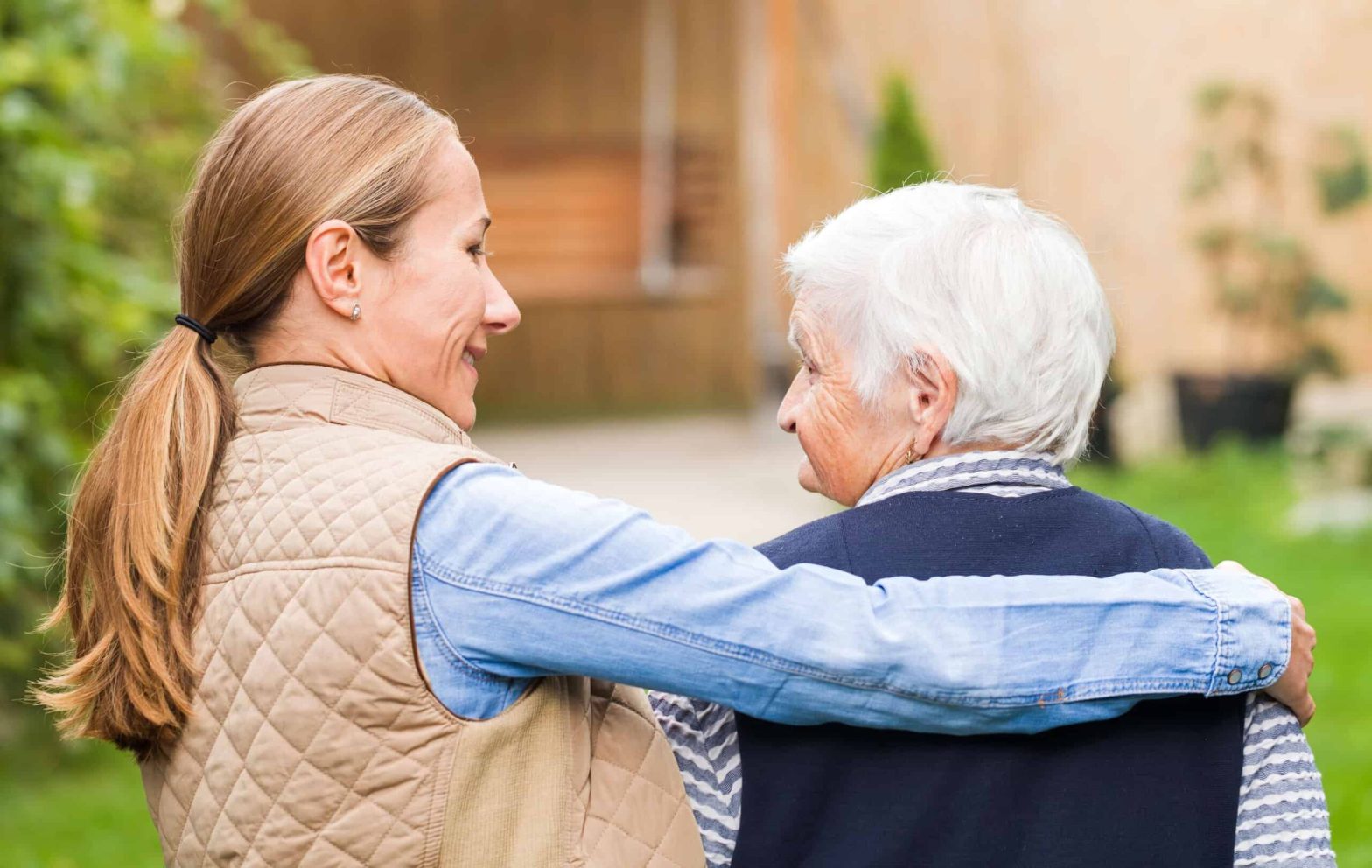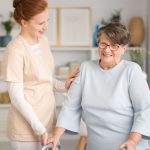Understanding the Needs of the Elderly
As we age, our bodies and minds inevitably undergo significant changes. These shifts don’t just affect how we feel, but also how we navigate our daily lives. It’s crucial to understand these changes to ensure the well-being and safety of our elderly loved ones.
Physical and Cognitive Changes with Age
With age, individuals may experience physical changes such as reduced mobility, vision and hearing impairment, or chronic health conditions. Cognitive changes may include memory loss or slower processing speeds.
The Impact of Aging on Daily Life and Safety
These changes can greatly impact an individual’s ability to perform daily tasks like driving, cooking, or even walking. They may also increase the risk for accidents at home. As such, it’s critical to adapt their environment and routine to these changes. This can range from installing handrails and ramps for physical safety to using memory aids to combat cognitive decline.
Understanding and addressing these changes is the first step in promoting elderly safety and well-being.
Home Safety Measures for Seniors
As we age, our homes can sometimes become hazardous environments. Common perils include clutter that can lead to falls, inadequate lighting causing poor visibility, and slippery surfaces increasing the risks of accidents. These dangers pose a higher risk for seniors due to their decreased mobility and vision problems. [CDC]
Creating a Safer Home Environment
Creating a safe haven for seniors involves a few key strategies. Firstly, decluttering is essential. By eliminating excess items, we can create clear walkways and reduce the chance of trips and falls. Next, proper lighting is crucial, especially in areas such as stairwells, hallways, and bathrooms. Lastly, removing tripping hazards like loose rugs or uneven flooring can significantly improve home safety. [NIA]

Home Modifications for Senior Safety
For a safer home environment, certain modifications may be necessary. Installing grab bars in the bathroom can assist with balance and prevent falls. Stairlifts can be a helpful addition for those with mobility issues, making it easier to navigate between floors. Additionally, replacing regular flooring with non-slip versions can make a significant difference in preventing slips and falls. [AARP]
The Importance of Regular Health Check-ups for the Elderly
Regular health screenings are essential for the elderly, primarily due to their increased vulnerability to various health conditions. According to the Centers for Disease Control and Prevention (CDC), about 85% of older adults have at least one chronic health condition, and 60% have two or more. By monitoring health regularly, these issues can be identified at early stages when they are more manageable, leading to improved health outcomes and quality of life.
Common Health Issues Caught Early Through Regular Check-ups
Common health issues in the elderly include heart disease, cancer, diabetes, and osteoporosis. Regular check-ups can catch these conditions early, enabling timely interventions and treatments. For example, an annual eye exam can detect symptoms of age-related macular degeneration, the leading cause of vision loss in people over 60.
Maintaining Open Communication With Healthcare Providers
Open and honest communication with healthcare providers is key. Sharing any changes in health, no matter how minor they may seem, can provide valuable information to your doctor. This can lead to early detection and treatment of potential health issues.
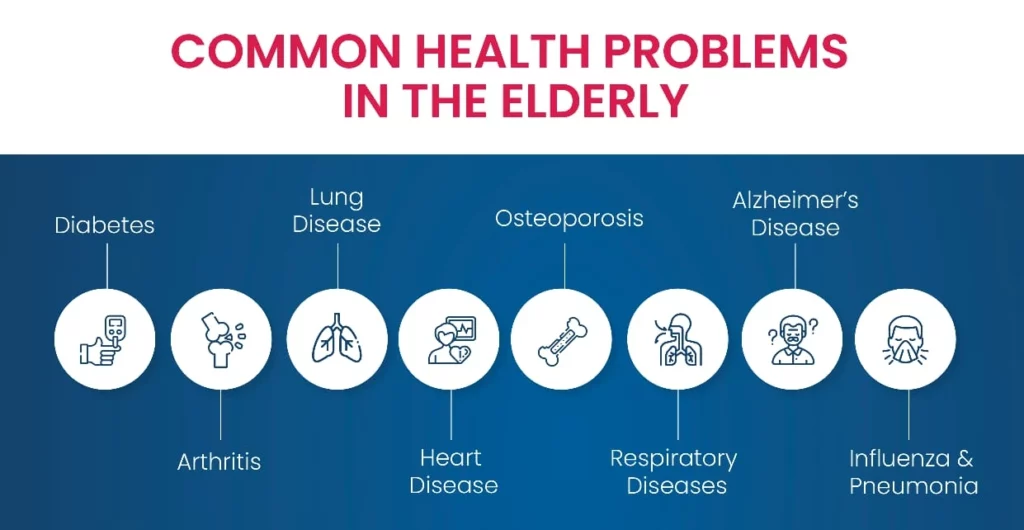
Encouraging Physical and Mental Fitness in the Elderly
Maintaining both physical and mental fitness is critical for healthy aging. Regular physical activity can help prevent chronic diseases, improve mood and overall well-being, and is key to staying independent as you age.
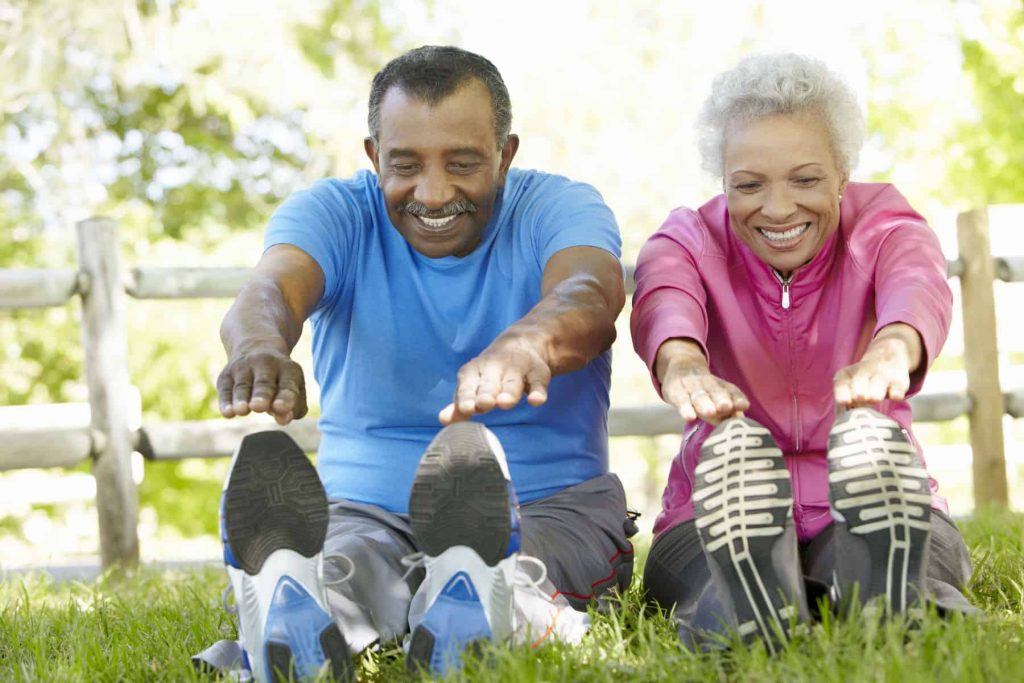
So, how can you incorporate regular, gentle exercise into your daily routines? Start with something simple. Take a daily walk, try chair aerobics, or even gentle yoga. The key is to make it a regular part of your routine.
The Role of Mental Stimulation and Social Interaction
Mental stimulation and social interaction are equally important for maintaining cognitive health. Regular mental activity, like puzzles or learning a new skill, can help prevent cognitive decline. Social interaction, whether it’s with family, friends, or through community groups, can also prevent depression and improve overall mental well-being.
Remember, it’s never too late to start a fitness routine. Consult with your doctor before starting any new exercise program, and consider seeking guidance from a certified fitness professional to ensure safety and effectiveness.

Nutritional Needs and Healthy Eating Habits for the Elderly
As we age, our nutritional needs naturally evolve. Metabolism slows, and the body requires fewer calories but more nutrients. The absorption and utilization of certain nutrients like vitamin B12, calcium, and magnesium become less efficient. Hence, a well-rounded diet becomes even more crucial in maintaining optimal health.
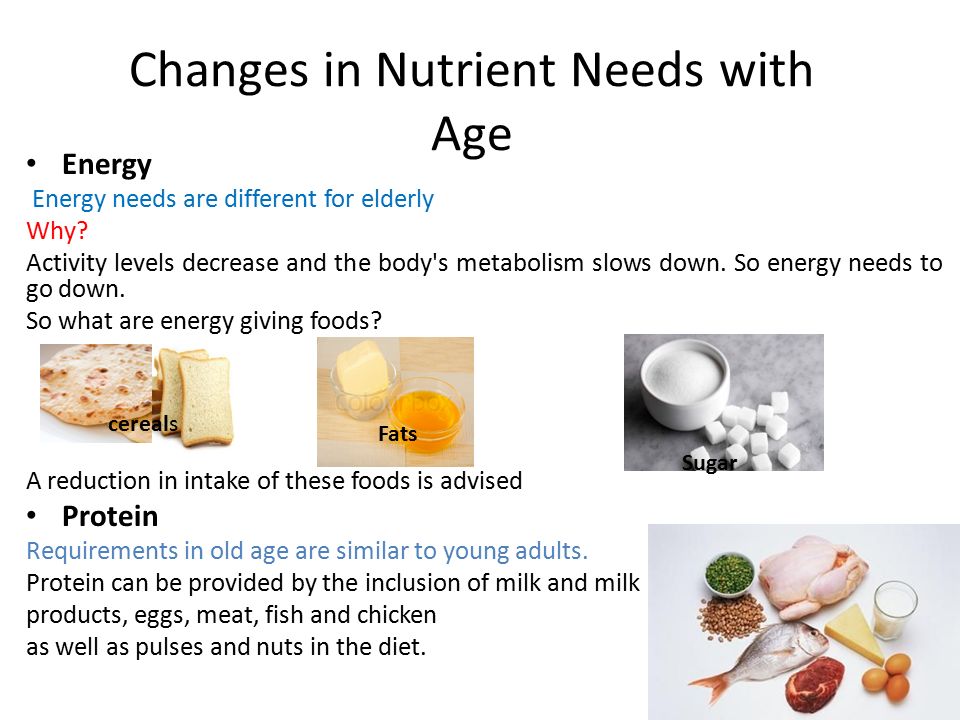
Maintaining a Balanced Diet
The key to addressing these specific nutritional needs includes regular consumption of lean proteins, whole grains, fruits, and vegetables. Avoiding processed foods and limiting salt and sugar intake can also support overall health. Including foods rich in vitamin B12, calcium, and magnesium is essential.
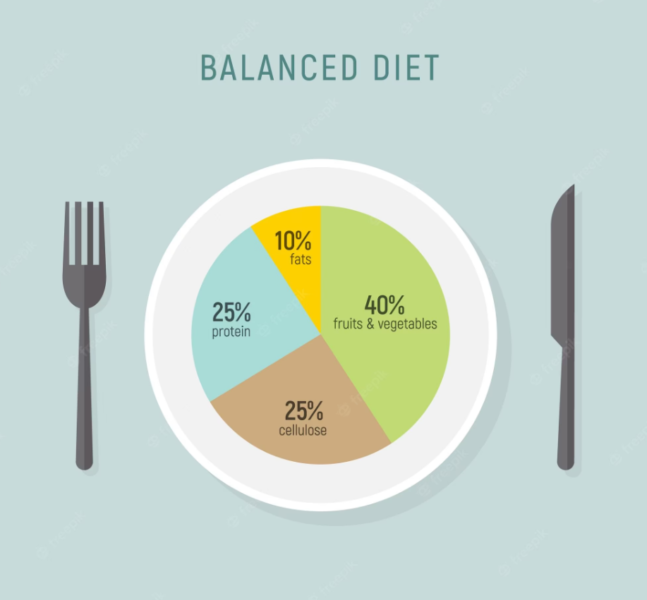
The Importance of Hydration in Elderly Health
Hydration plays a vital role in elderly health. It aids digestion, helps maintain body temperature and supports cognitive function. The Elderly are particularly at risk of dehydration due to physiological changes that come with age. Offering water regularly, and including foods with high water content can help maintain hydration levels.
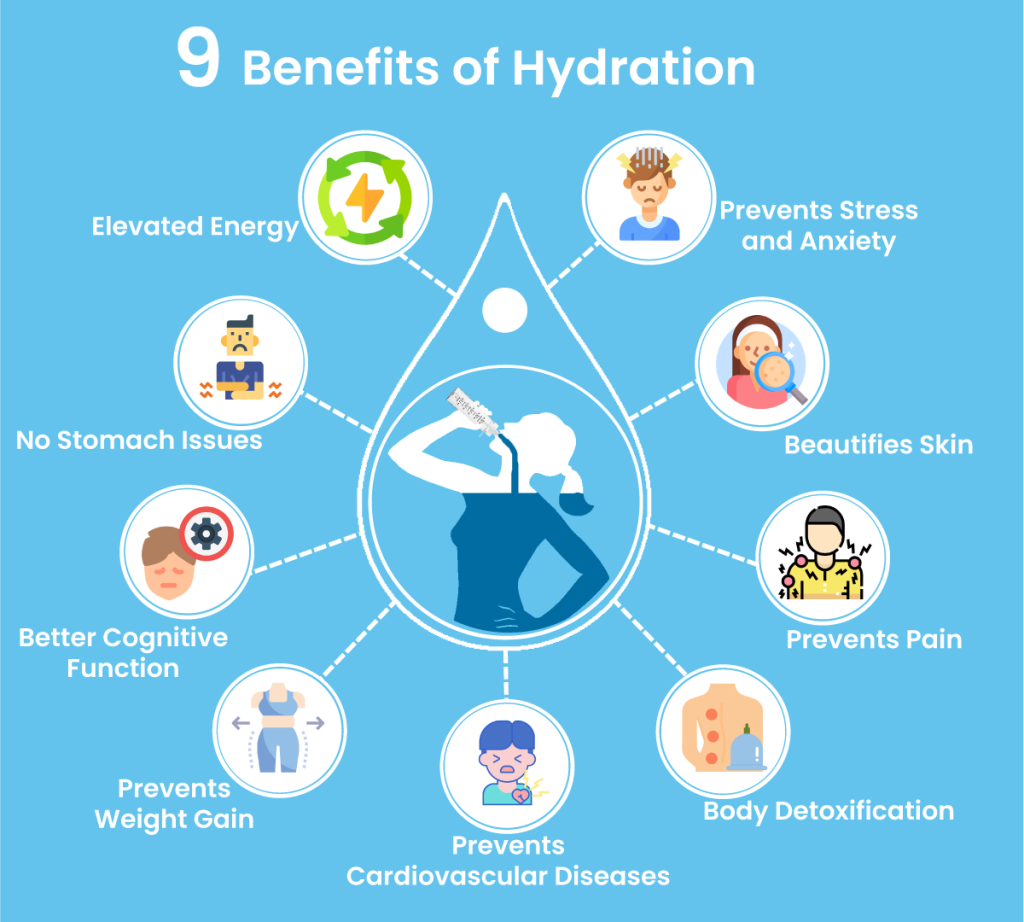
Importance of Medication Management for Elderly Safety
Medication management is a critical aspect of elderly safety and well-being. It ensures that seniors take their medications correctly and avoids potential risks associated with incorrect dosage or timing. Studies indicate a significant correlation between improper medication management and adverse health outcomes in the elderly.
Common Medication Management Issues in the Elderly
Elderly individuals often struggle with medication management due to forgetfulness or confusion, leading to mixing up medications or missing doses. This can result in potentially harmful health issues. According to the FDA, incorrect medication management is a common problem among seniors, causing numerous hospitalizations each year.

Effective Strategies for Medication Safety
- Use pill organizers to keep track of medications and their timing.
- Consider medication reminder apps or devices to avoid missed doses.
- Regularly review medication lists with healthcare providers for updates or changes.
The Crucial Role of Caregivers in Promoting Elderly Safety
When it comes to the safety and wellbeing of the elderly, caregivers play a pivotal role. Their duties extend beyond the basics of care, such as meal preparation and medication management. They also contribute significantly to enhancing the safety measures in the living environment of the elderly. By identifying potential hazards and implementing necessary modifications, caregivers can mitigate risks associated with falls and other accidents.
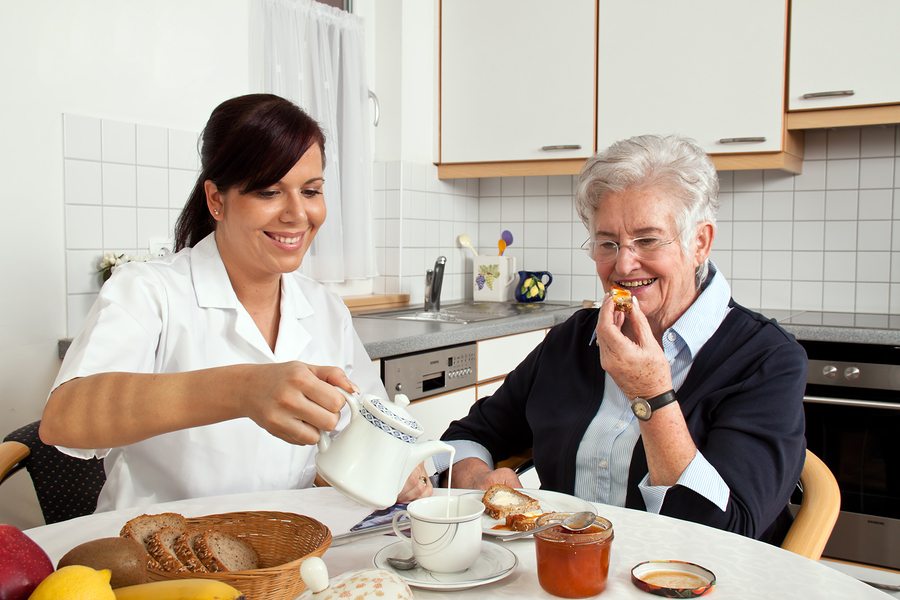
Promoting Independence While Ensuring Safety
One of the key ways caregivers can promote independence in seniors is by encouraging self-care activities that are within their physical capacity. Simultaneously, caregivers need to strike a balance by monitoring these activities to ensure safety. The use of assistive devices can be instrumental in this regard.
Emotional Support and Companionship for the Elderly
Providing emotional support and companionship is another crucial aspect of caregiving. It’s not just about physical health; a caregiver’s role often includes addressing the emotional needs of the elderly. Research shows that emotional well-being can significantly impact the overall health outcomes in seniors. Therefore, fostering a warm, empathetic, and responsive relationship is vital.
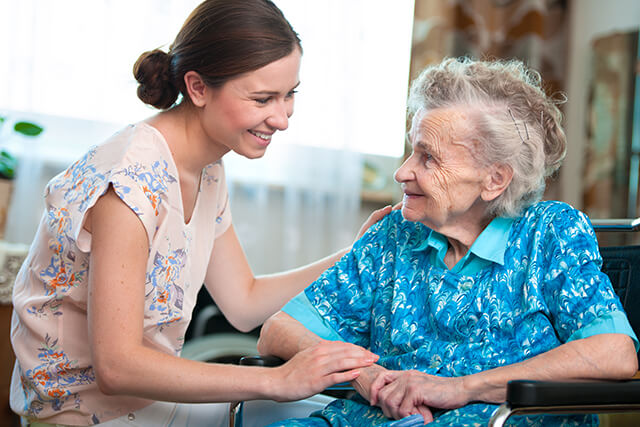
Encouraging Independence in the Elderly
Recognizing the significance of independence in the elderly is paramount. Fostering self-reliance not only enhances their well-being, but also contributes to their longevity and mental health. It bolsters self-esteem and gives a sense of purpose, thereby improving quality of life.
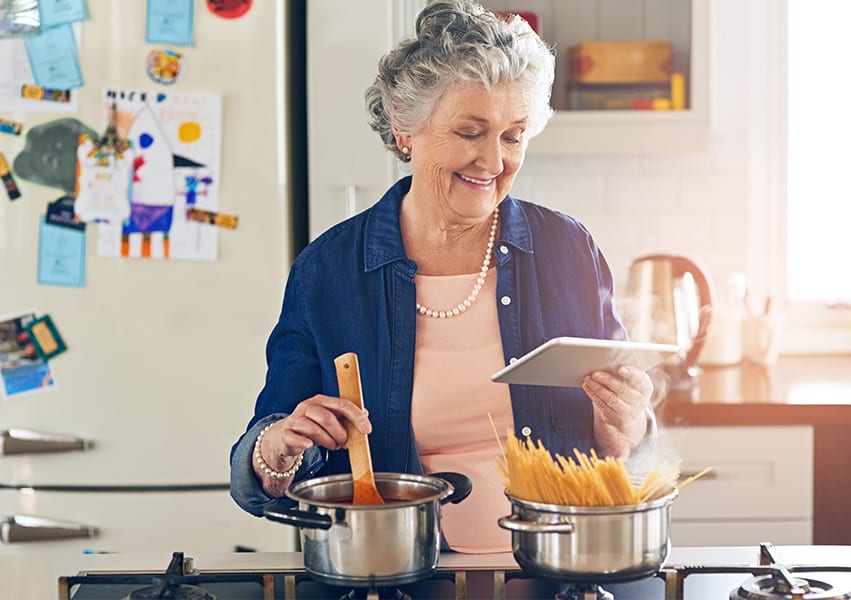
Strategies for Promoting Self-reliance
While encouraging independence, it’s essential to ensure safety. Strategies include making homes accessible, investing in safety equipment, and utilizing fall prevention techniques. Assisted living technology, like medical alert systems, can provide a safety net without compromising their autonomy.
Impact of Social Activities and Hobbies on Quality of Life
Engaging in social activities and hobbies can drastically elevate the quality of life for seniors. Such activities stimulate mental, physical, and emotional health, fostering a sense of belonging and combating loneliness.
